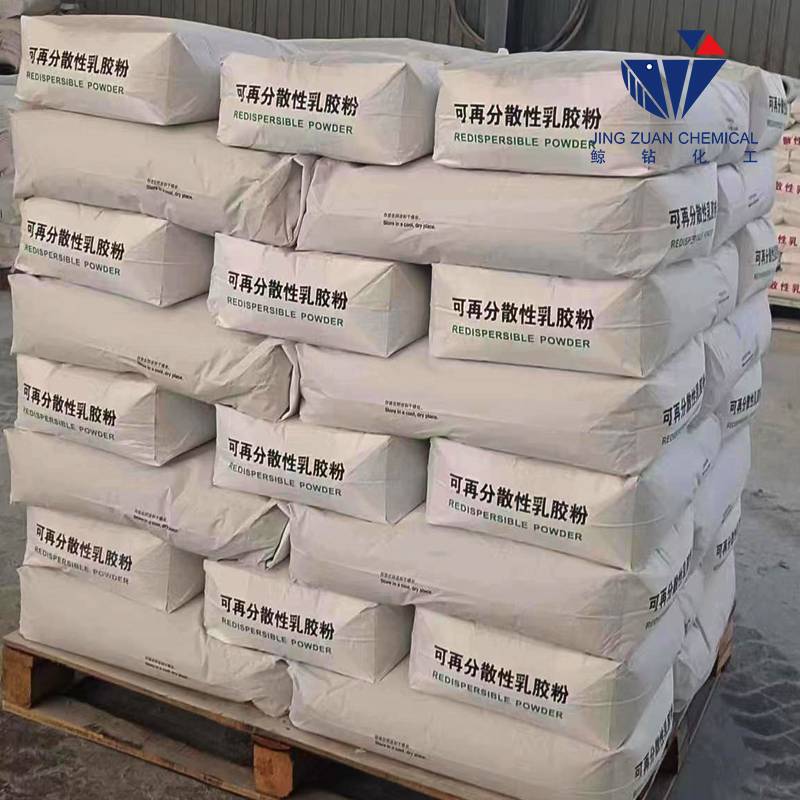Using expectorants effectively requires some consideration. It is important to note that while expectorants may reduce the viscosity of mucus, they do not necessarily eliminate its production. Therefore, they are most beneficial when used alongside other medications that address the underlying causes of excessive mucus production. For instance, treating an infection with appropriate antibiotics or antiviral medications, reducing exposure to allergens, or managing chronic conditions like asthma or chronic obstructive pulmonary disease (COPD) is essential for comprehensive care.






